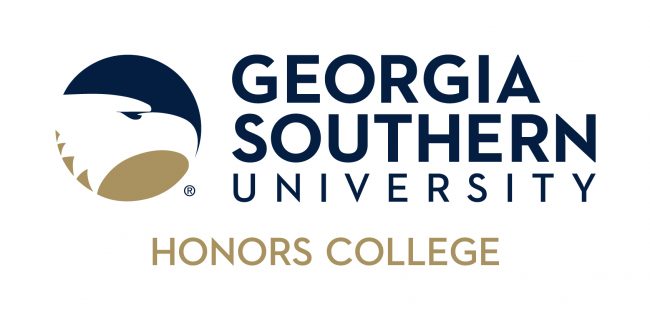Location
Presentation- College of Behavioral and Social Sciences
Document Type and Release Option
Thesis Presentation (Restricted to Georgia Southern)
Faculty Mentor
Dr. Thomas Sweeney
Faculty Mentor Email
tsweeney@georgiasouthern.edu
Presentation Year
2021
Start Date
26-4-2021 12:00 AM
End Date
30-4-2021 12:00 AM
Keywords
Georgia Southern University, Honors Symposium, Presentation
Description
After school programs have proven themselves to be a fantastic way for students to gain extra learning and social skills while not in the usual school setting. Another benefit is to increase physical activity to lessen the chance of childhood obesity. In Butts county, more specifically Daughtry Elementary School, there is currently an after-school program, but it does not have much of a structure--recreationally or at all. This poses a hidden problem for the students in the school system, who may have no one to motivate them to get active or to make them do any kind of outside socializing. By assessing the current needs of the students at Daughtry Elementary school, recommendations will be made to open the possibility of integrating an inclusive, recreationally-based after school program--should they choose to do so. In order to do this, Zoom interviews will need to be conducted to fully understand the student’s, teacher’s, and parent’s needs at the school. The interviews will address any roadblocks for not already having an inclusive program and the benefits for the students specifically at DES that an inclusive, programmed after school program would bring. Currently, most after school programs do not allow students who have special needs or behavior issues to attend. By making an after-school program inclusive for all, we can offer a relationship outside of academia between a student and staff member. By having an after-school program in place, we are adhering to a student’s emotional, physical, and behavioral needs.
Academic Unit
College of Behavioral and Social Sciences
A Needs Assessment of Butts County After School Programs and their Inclusivity
Presentation- College of Behavioral and Social Sciences
After school programs have proven themselves to be a fantastic way for students to gain extra learning and social skills while not in the usual school setting. Another benefit is to increase physical activity to lessen the chance of childhood obesity. In Butts county, more specifically Daughtry Elementary School, there is currently an after-school program, but it does not have much of a structure--recreationally or at all. This poses a hidden problem for the students in the school system, who may have no one to motivate them to get active or to make them do any kind of outside socializing. By assessing the current needs of the students at Daughtry Elementary school, recommendations will be made to open the possibility of integrating an inclusive, recreationally-based after school program--should they choose to do so. In order to do this, Zoom interviews will need to be conducted to fully understand the student’s, teacher’s, and parent’s needs at the school. The interviews will address any roadblocks for not already having an inclusive program and the benefits for the students specifically at DES that an inclusive, programmed after school program would bring. Currently, most after school programs do not allow students who have special needs or behavior issues to attend. By making an after-school program inclusive for all, we can offer a relationship outside of academia between a student and staff member. By having an after-school program in place, we are adhering to a student’s emotional, physical, and behavioral needs.



Comments
This work is archived and distributed under the repository's standard copyright and reuse license, available here. Under this license, end-users may copy, store, and distribute this work without restriction. For questions related to additional reuse of this work, please contact the copyright owner.